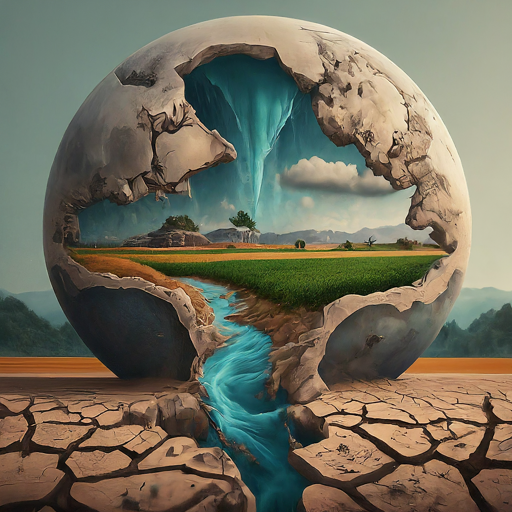Water is one of our most precious resources, essential to life on Earth. Yet, despite its importance, billions of gallons of water are wasted every day. With growing concerns over climate change and the increasing demand for water, it has become more crucial than ever to adopt water-saving practices. The good news is that everyone can contribute to water conservation with some simple, practical strategies.
Understanding the Importance of Water Conservation
Water conservation is about using water efficiently to reduce unnecessary waste. It’s not just about turning off the tap when brushing your teeth; it’s about understanding the broader impact of our water use. Every drop saved contributes to preserving the natural ecosystems that rely on water, reducing energy consumption (since pumping, heating, and treating water uses a lot of energy), and ensuring there’s enough water for future generations.
Practical Strategies to Save Water at Home
-
Fix Leaks Promptly: A dripping faucet or a leaking toilet can waste hundreds of gallons of water each month. Regularly check your home for leaks and repair them immediately. It’s a simple fix that can lead to significant water savings.
-
Install Water-Efficient Fixtures: Consider replacing old fixtures with water-saving alternatives, such as low-flow showerheads, faucets, and toilets. These devices are designed to use less water while maintaining performance, helping you save water effortlessly.
-
Optimize Your Watering Practices: Lawns and gardens can consume a lot of water, especially during the hot months. Water your garden early in the morning or late in the evening to reduce evaporation. Also, consider using a rain barrel to collect rainwater for irrigation, which can significantly reduce your reliance on tap water.
-
Use Appliances Wisely: Running your dishwasher and washing machine with full loads can save both water and energy. When purchasing new appliances, look for those with the WaterSense or Energy Star labels, which are more efficient and consume less water.
-
Adopt Water-Smart Landscaping: Xeriscaping, or landscaping with drought-resistant plants, is a great way to reduce water use outdoors. These plants require less water and maintenance, making them an eco-friendly choice for your garden.
Conscious Water Consumption Habits
-
Shorten Your Showers: Reducing your shower time by just a few minutes can save several gallons of water. Aim for showers that are five minutes or less to make a significant impact.
-
Turn Off the Tap: Whether you’re brushing your teeth, shaving, or washing dishes, turning off the tap when not in use can save a lot of water. A running faucet wastes about 2.5 gallons of water per minute.
-
Reuse and Recycle Water: Consider reusing water where possible. For example, use leftover cooking water to water your plants, or collect shower water in a bucket while waiting for it to warm up and use it to flush the toilet.
The Broader Impact of Saving Water
Saving water doesn’t just benefit your household; it has far-reaching effects on the environment and society. By reducing water use, you help lower the demand on freshwater sources, protect wildlife habitats, and decrease the energy required for water processing and distribution. In regions where water scarcity is a serious issue, your efforts can help ensure that more people have access to this vital resource.
Conclusion
Water conservation is a simple yet powerful way to contribute to environmental sustainability. By implementing these practical strategies, you can save water, reduce your ecological footprint, and help protect our planet for future generations. Remember, every drop counts—so start saving water today!

